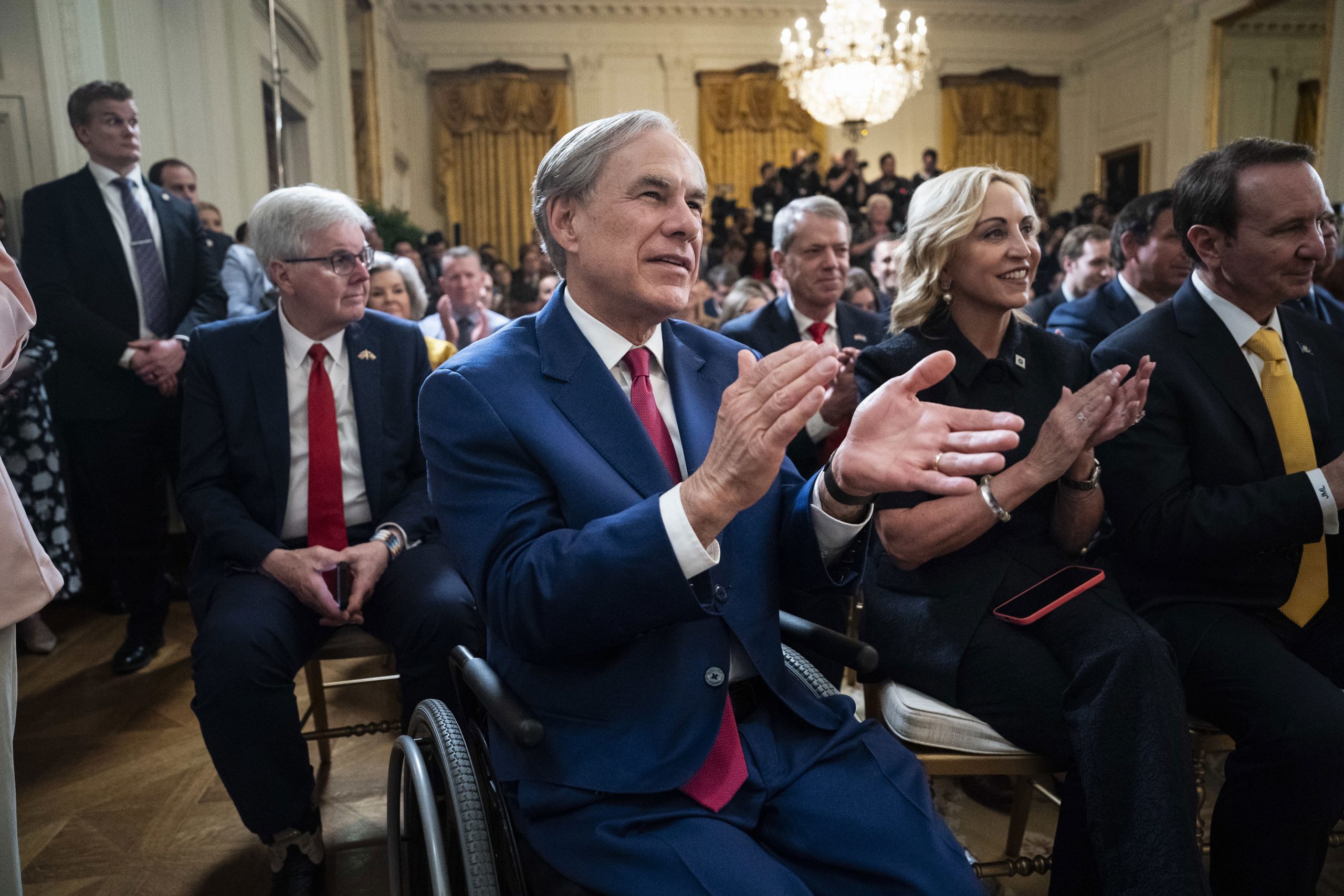Texas Governor Calls for Special Session to Address Congressional Redistricting
Texas Governor Greg Abbott has directed the state legislature to consider congressional redistricting during a special session scheduled to begin on July 21. This move comes in response to concerns raised by the Trump administration, which has been vocal about its stance on voting rights and representation.
The agenda outlined by Abbott includes legislation aimed at revising the congressional redistricting plan due to constitutional issues highlighted by the U.S. Department of Justice. Initially, Abbott called the special session last month to address unfinished business from the regular legislative session, but he did not mention redistricting at that time.
Congressional district lines are typically redrawn every ten years to reflect population changes documented in the U.S. census. A mid-cycle redrawing, like the one being considered in Texas, is rare. If the Texas legislature, which is dominated by Republicans, proceeds with redrawing the map ahead of the 2024 midterm elections, it could strengthen the GOP’s narrow majority in the U.S. House. However, some Texas Republicans have expressed concerns that this plan might backfire and jeopardize their own positions.
In March, the Justice Department withdrew from a lawsuit alleging that Texas’s legislative and congressional district maps discriminated against Black and Latino voters. The lawsuit was initiated during the Biden administration. The 2020 Census showed that Texas’s population growth was largely driven by voters of color. The Biden administration argued that the 2021 Republican-drawn maps denied Black and Latino voters an equal opportunity to participate in the election process by splitting minority communities and diluting their political power.
During the last round of redistricting in Texas, Republican lawmakers created new opportunities for themselves in South Texas, where they have increasingly targeted Hispanic voters. After the new maps were implemented, Republican Monica De La Cruz won a district previously held by a Democrat.
The White House has not yet responded to requests for comment on the matter. The Texas Republican Party stated that including redistricting in the special session aligns with the state GOP’s platform, emphasizing the need to preserve GOP control in Congress and advance President Trump’s America First agenda.
The Texas Democratic Party claims the redistricting plan is being considered “at Donald Trump’s behest,” designed to mitigate forecasted Republican losses under his administration. They argue that the target districts are all Democratic, originally drawn by Republicans, and now subject to a power grab aimed at undermining voters who do not align with their ideology.
Rep. Suzan DelBene (D-Washington), chair of the House Democrats’ campaign arm, stated that any new map drawn by Texas Republicans would likely increase the number of competitive districts, endangering more Republican incumbents. She added that House Democrats have proven they can compete in these seats.
House Minority Leader Hakeem Jeffries (D-New York) criticized Abbott’s decision to include redistricting in the special session. He pointed out the recent deadly flooding in the Texas Hill Country and questioned Abbott’s leadership and preparation. Jeffries accused Abbott and his allies of conspiring with Trump and House Republicans to rig the election and disenfranchise millions of voters.
The agenda announced by Abbott also includes items related to improving flood warning systems, flood emergency communications, and providing relief funding in response to the recent floods. The National Democratic Redistricting Committee, led by former Attorney General Eric Holder, argues that Texas’s redistricting effort is aimed at helping Republicans “cheat” in the 2026 midterm elections.
Special sessions in Texas can last up to 30 days and are limited to topics designated by the governor. However, there is no limit to the number of special sessions the state executive can call. Abbott called four special sessions in 2023, two of which were tacked onto preceding ones that lasted the full 30 days.
Trump has also signaled support for potential legislation introduced by Rep. Marjorie Taylor Greene (R-Georgia), known as the “Making American Elections Great Again Act.” This bill aims to redo the U.S. census by only counting U.S. citizens and subsequently calling on states to redraw congressional district maps based on the new findings. Trump expressed enthusiasm for the bill, claiming it would gain widespread support and pass successfully.
Greene has stated that Trump is “definitely supporting” her bill. The first Trump administration attempted to include a citizenship question in the last U.S. census, but the Supreme Court froze the plan in 2019, citing a “contrived” reason for seeking the information.







